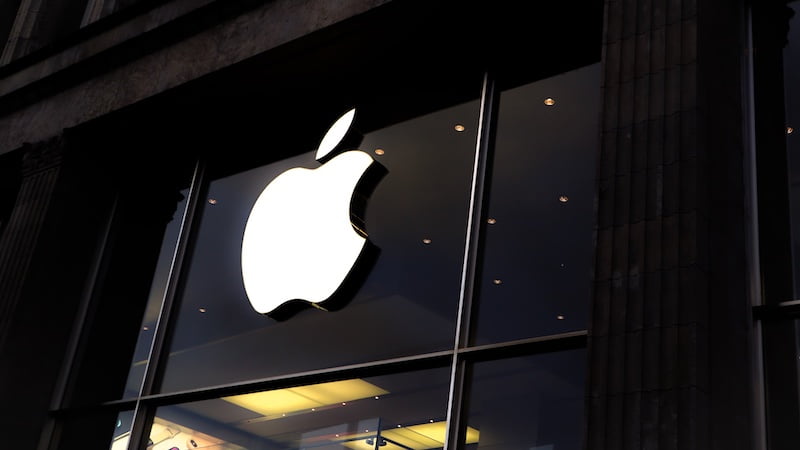
Apple has to pay 13 billion euros in back taxes in the EU. The European Court of Justice has now finally decided this. We will explain to you what is behind the decision.
The legal dispute between Apple and the EU Commission has been going on for several years. The focus is on tax breaks that Apple was once granted by Ireland.
However, the EU Commission saw this as distorting competition. As early as 2016, Apple was therefore asked to pay 13 billion euros in back taxes plus interest.
Eight years later, the final decision has now been made by the European Court of Justice (ECJ). Apple must therefore actually pay the amount demanded.
Why does Apple have to pay back taxes to the EU?
The long-running dispute between Apple and the EU Commission has now been finally settled by the decision of the European Court of Justice. But how did it all come to this?
In 2016, the European Commission ruled that Ireland had granted tax benefits to some of the US group's companies between 1991 and 2014. The EU Commission considered this to be illegal state aid that was incompatible with the internal market.
The two companies in question are Apple Sales International (ASI) and Apple Operations Europe (AOE). Although these two companies are incorporated under Irish law, they were not resident in Ireland for tax purposes.
Apple defended itself against tax arrears
However, by issuing the tax rulings, “the methods used by ASI and AOE to determine the profits taxable in Ireland from the business activities of their respective Irish branches were approved,” the ECJ said.
However, Apple did not want to accept the tax back payment and was even able to prevail before the EU court in 2020. Both Ireland and ASI and AOE had filed lawsuits.
The additional demand was then declared void. The court reasoned that the Commission had not been able to sufficiently prove that Apple's companies had been granted a selective advantage. The EU Commission then turned to the ECJ, which has now overturned this ruling.
How hard will the ruling hit the iPhone company?
For Apple, the European Court of Justice's ruling is of course a defeat. However, the economic impact on the company is likely to be limited.
Apple has been parking the money in a trust account since the first allegations were made in 2016. It is therefore already taken into account in the company's balance sheet and does not have any further negative impact on the current business figures.
Also interesting:
Source: https://www.basicthinking.de/blog/2024/09/11/eugh-apple-steuern-eu/


